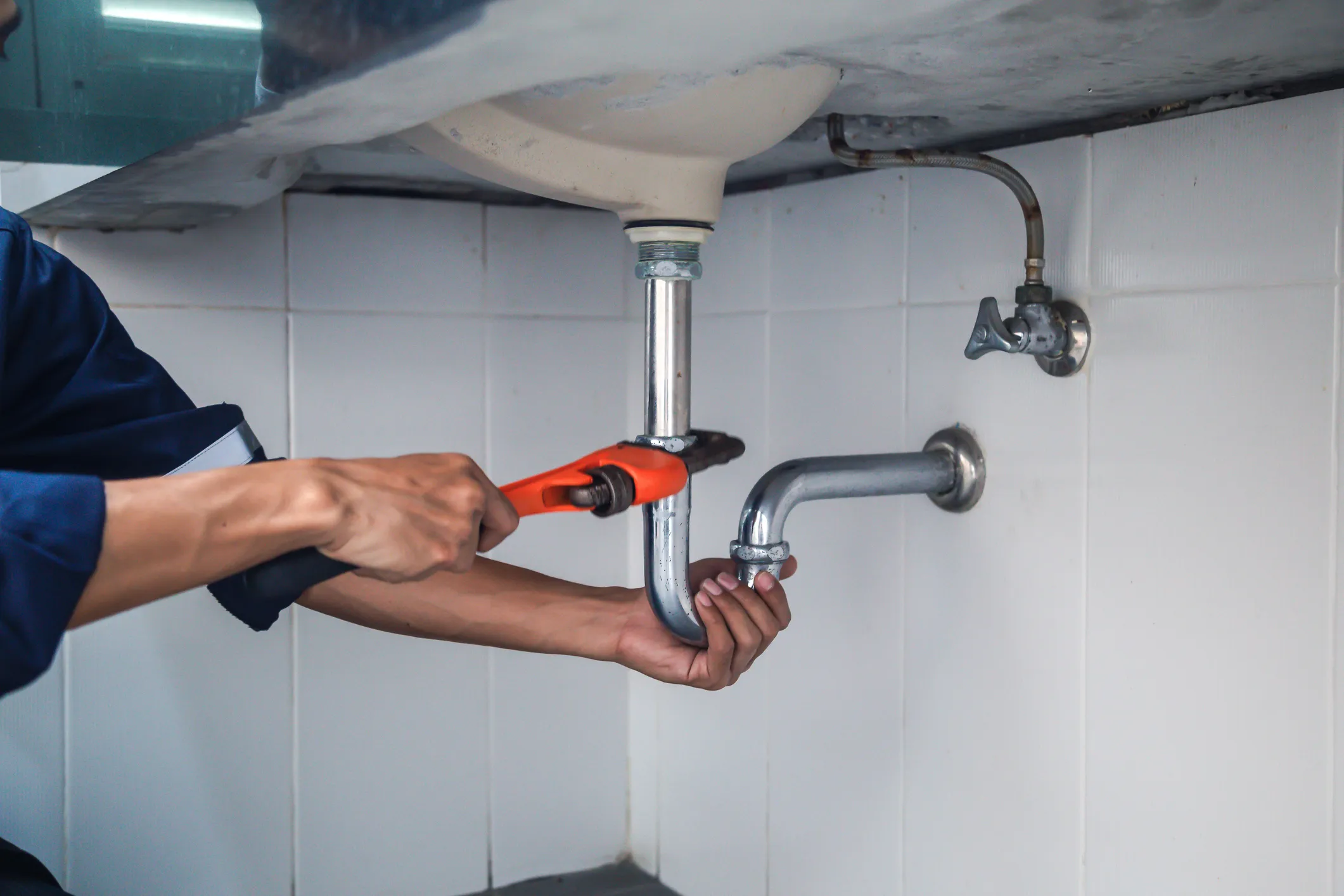How You Can Prevent Leaks, Clogs and Flood Damage
You count on your home’s plumbing system to run smoothly, but hidden issues can hide around every corner. Thankfully, you can avoid clogs, leaking and even flooding with a little preventive maintenance. Here’s how to keep your water running and your stress levels low.
1. Be Aware of What’s Going in the Drains
Many kitchen sinks may be outfitted with a garbage disposal, but certain food items still should go in the trash or compost heap rinsed down the drain, like:
- Grease from cooking
- Tough foods like corn husks and celery
- Congealed food like boiled rice or coffee grounds
- Tough pieces of food like gristle and bones
- Anything that isn’t edible. Silverware and other small items may end up in the disposal and damage something when you turn it on.
2. Be Aware of What Not to Flush
Toilets are designed to dispose of human waste and toilet paper. Here’s what you should never flush:
- Wet wipes
- Paper towels
- Soft cotton
- Feminine hygiene products
- Diapers
- Floss
- Old medication
3. Use Mesh Strainers
A simple way to avoid clogs is to place drain strainers over your laundry, kitchen and bath drains. They trap hair, pieces of soap, old toothpaste and other debris as water enters the drain. Regularly clean these strainers to keep your drains flowing freely.
4. Know Where the Main Shutoff Valve Is Located
Being familiar with your plumbing system means knowing how to find your main water shutoff valve. This valve regulates water entering your home, so knowing where it is means you can turn it off quickly in a plumbing emergency. It’s also wise to shut off this valve before traveling for an extended period. Common locations for the main shutoff valve include the basement, near the water heater, in a utility closet or outside the home buried underground.
5. Add a Sump Pump to Your Basement
Installing a sump pump can really help prevent flooding, particularly in climates prone to lots of rain. This device removes water that gathers in its sump basin, generally installed in the floor of your basement, and pumps it out away from the house. For homeowners who already have a sump pump, make sure it’s in good shape by adding some water into the pit. As long as the pump activates and the pit drains, you’re all set. If it doesn’t work properly, you have time to call a professional to repair the pump before the next big storm.
6. Install Flood Flood Alarms
Similar to how smoke alarms are essential for fire safety, flood alarms help prevent water damage. These hardwired or battery-operated devices sense pooling water at the earliest stages of flooding or leaks, setting off an alarm to notify you. For further protection, integrate smart flood alarms into your home security system. This sends a notification on your phone after water is detected, allowing you to address leaks before it leads to significant damage.
7. Add a Backflow Valve
Experienced plumbers often suggest that homeowners set up a backflow valve in the basement floor drain to stop sewage from flowing back into their homes during heavy rainfall. A professional plumber can install this useful defense against sewage backflow.
Find and Prevent Leaking
Now that we’ve covered best practices and useful plumbing accessories, let’s review some preventive steps you can take to avoid leaks, or worse, burst pipes.
Most of your home plumbing system is concealed, so leaks often go on for weeks until they are capable of significant water damage. Regularly checking for leaks can help you catch issues early. Here are some ideas for you to try:
- Inspect under the sink for signs of pooling water, wood rot or mold.
- Keep an eye out for slow leaks in the toilets by putting in a few drops of food coloring to the tank. If the color shows up in the bowl after 30 minutes without flushing, you’ve got a leak.
- Inspect around and behind your plumbing appliances, including the dishwasher or washing machine, for signs of water damage or leaking.
- Conduct a water meter test.
- First, shut off all water in your home via the main water lines.
- Then, go outside to read the water meter. Check it again after two hours, being careful not to use any water before the second reading.
- If the reading is different, it means there’s a leak somewhere.
Prevent Your Pipes from Freezing
In colder climates, helping protect vulnerable pipes is vital if you want to prevent freezing and bursting. Here are some tips:
- Wrap the pipes in insulation in unfinished spaces like the basement, garage or attic with insulating foam or heating tape.
- Disconnect garden hoses from outdoor faucets during the winter to keep ice from forming inside the pipes.
- Keep all cabinets with plumbing pipes open during cold spells to keep warm air circulating around the pipes.
Work with a Reliable Plumber
While you can carry out all sorts of preventive steps yourself to stop clogs, leaks and flood damage, sometimes it takes a professional touch to keep things flowing smoothly. That’s where can help. We work with some of the best plumbers serving U.S. homes from coast to coast with a 100% satisfaction guarantee. If you’re not completely thrilled with our services up to a year later, we will do whatever it takes to make it right. This promise shows how we strive to make a meaningful difference in your life. For professional local plumbing service that exceeds expectations, please contact us today



